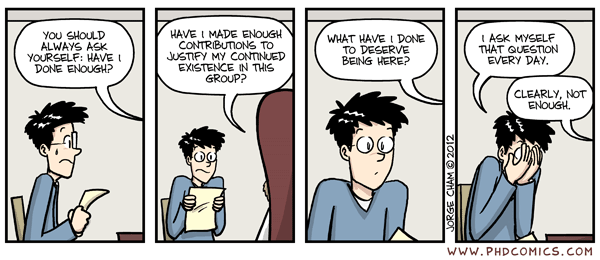In an interesting marketing strategy Visit Sweden decided that Sweden cannot be defined by a single voice and began letting “ordinary” Swedes have control over the @Sweden twitter account. It was cute, it was fun – but basically it was boring.
Recently 27 year old Sonja Abrahamsson took over the account and things began to heat up. Her comments are earthy and borderline questionable. None of the ones I have seen are directly racist but they may be seen by some as politically incorrect.
This was too much for several people and the so called scandal was a fact. Just check out the headlines
CNN writes Foul-mouthed Bieber-hating mother takes over @Sweden
Adland writes Sweden – the Worlds most democratic twitter account dissolves into pure anarchy
CIO writes Sweden teaches us how not to do social media
MSNBC writes Swedens democratic twitter experiment goes haywire
But is this really a problem? It feels like the world media is working hard to feel truly insulted over nothing. Sure the author may be non-pc, maybe a person I would prefer not to talk to or read but so what? The whole point of allowing “ordinary” Swedes to take over the account was to demonstrate that Sweden cannot be represented by one voice. Those who would argue that only a specific brand of politically correct Swedes should be allowed to talk miss the whole point. If you come to Sweden you will meet all kinds of people – the same is true if you visit any other country.
The main difference is that instead of a bland mix of picture perfect illustrations that ordinarily bore us with the falsehood this marketing of Sweden shows that ordinary people exist here. The fact that the experiment with @Sweden has achieved little public debate abroad shows that it was not really an exciting thing to do.
Those who argue that Abrahamsson is causing bad publicity for Sweden should think again. How may of those who are insulted (if there are many of those?) are actively cancelling trips to Sweden? Visit Sweden should stand by their choice and behind their idea – in Sweden we believe in freedom of expression. This means that often we hear about stuff we would prefer to avoid.
The critique is more amusing than relevant, a storm in a tea-cup. Unless Abrahamsson has broken any laws then I salute her ability to create a discussion about Sweden that goes beyond the boring stereotypes.


